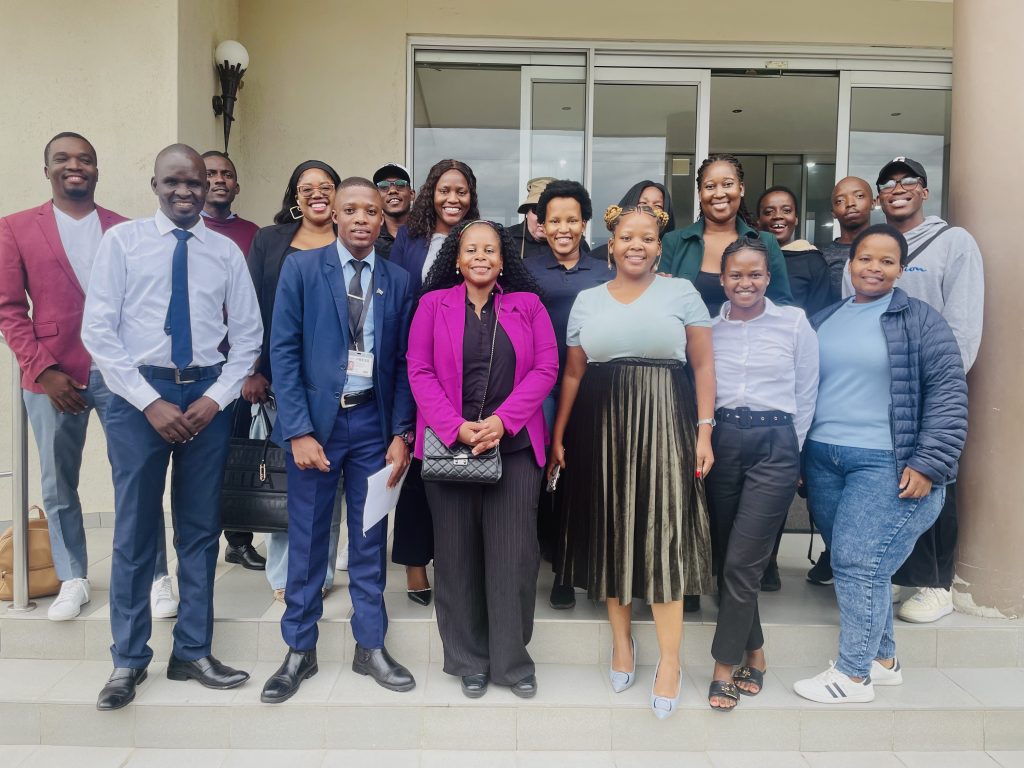The just ended fact checking and civic tech training hosted by the African Union Media Fellows led by the South Sudanese Moses Jibi and moderated by the Keletso Thobega has yielded a new light and brought a new version to local reporting tactics.
Among issues that the training covered included the AU Data Policy Framework, research and verification tools and case studies.
Held on 7-8 January 2025 at Woodlane Hotel in Gaborone, the training attracted over 25 media and communications practitioners such as journalists, radio personalities, academia and public relations personnels.
According to the attendees, one Tefo Senwelo – an international relations academia who her profile vary from health sector and radio lauded the training as eye opener to the Botswana’s media landscape and advocated for a formalized institution in fact checking.
“I think from today’s training we ought to practice what we learnt and also join the global trends. This was an eye opener and I encourage colleagues to formalize this institute and verify news items put across mediums. Media plays a crucial role in governance hence need for accuracy”.
For her part, Neo Aabobe – a radio broadcaster with Gabz FM said there is need for more trainings of the same calibre and adviced the organisers to bring more media related leaders particularly the policy makers. This for her, is to acclimatize the leaders with how the media landscape has evolved globally.
“It was good to get a refresher early in the year to come together as colleagues and put our thoughts across on how to maneuver the complexity of the newsroom and news gathering. The new studied tools used are prodigal in factual reporting. It would even serve better if policy makers join these trainings as we strive to implementing laws and regulations in media”.
For his overall reactions on Botswana’s media transition, Moses who has a background on public administration and public health, a trained fact checker and has previously worked as an editor at 211 Check said the attendees showed qualities of betterment to their stations of duty upon learning and adamant that they will impart the knowledge acquired in a 2-day training.
“The reaction of the local journalist was positive, they appreciated the training and demanded for more, since this was a first of its kind to most of them. Formalising and maintaining fact-checking organizations is not only crucial for combating misinformation and promoting informed decision-making but also for strengthening trust in institutions, fostering media literacy, and upholding the principles of democracy”, he said on the sidelines of the training.
The training will further continue in the next coming weeks conducted virtually to conclude the programme. Meanwhile the attendees have vowed to form a fact checking group and be par with other countries, further improving the performance of the newsrooms.

